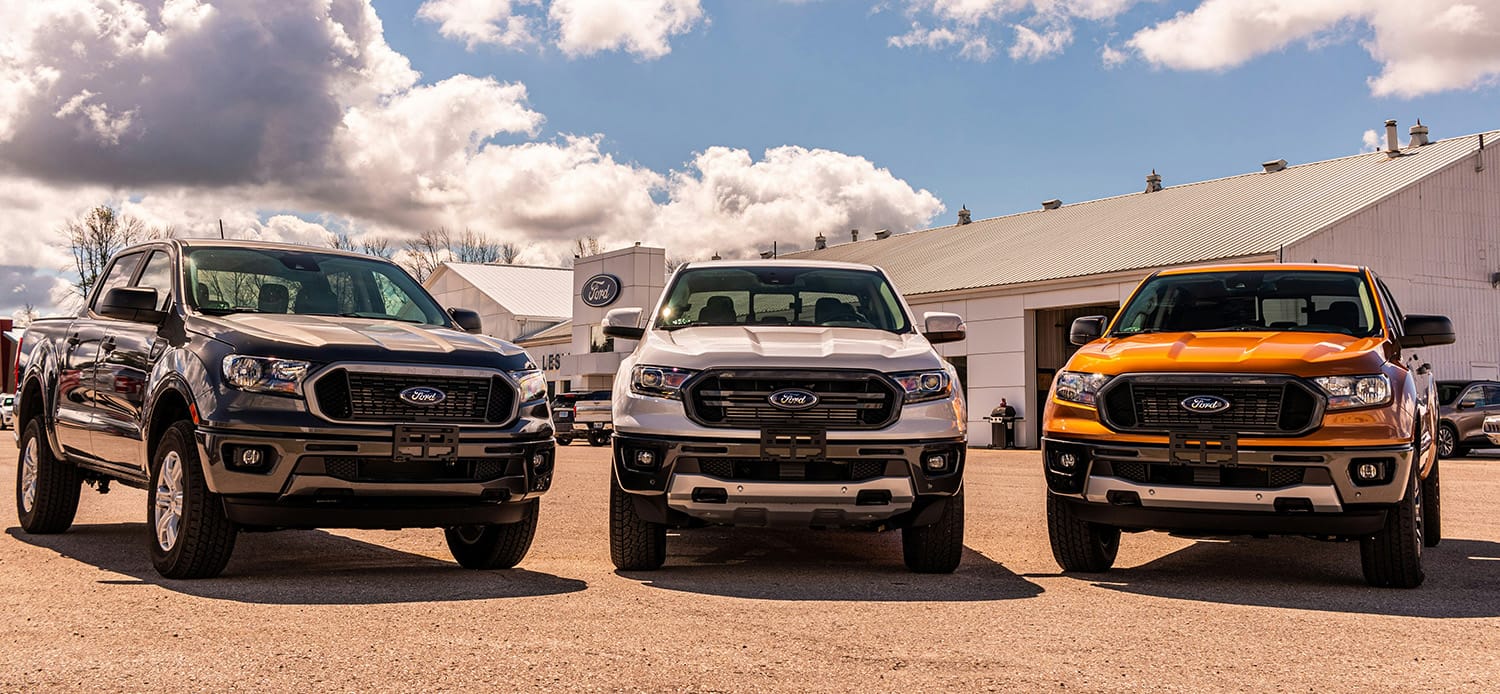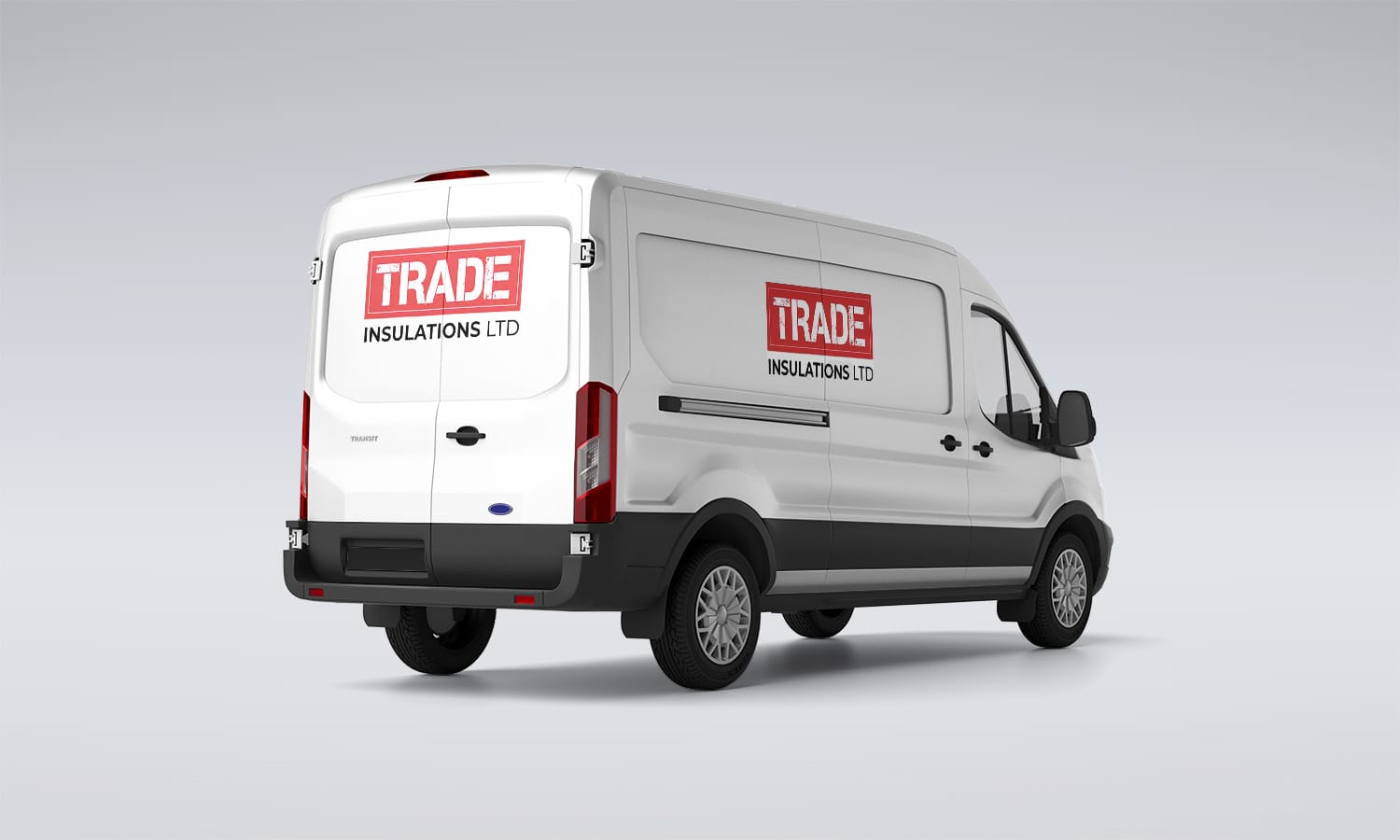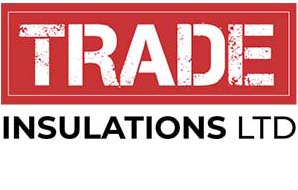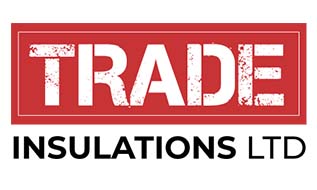As the construction industry continues to change and evolve, so does the equipment and tools required to meet the demands of modern construction projects. For builders in 2025 choosing the correct vehicle to meet projects and workload requirements is more crucial than ever. Projects may require transporting heavy and large materials or navigating through tricky building environments and sites. Builders, contractors, and architects need vehicles that will combine power, efficiency, compliance, cost-effectiveness, sustainability, and trustworthiness.

Choosing the right vehicle can directly influence the success of construction projects. Choosing the right vehicle for you when it comes to building and construction purposes will depend on a variety of considerations.
These considerations include:
- Payload Capacity: Modern builders will require transportation that can meet the demands of large or commercial construction projects as opposed to small-scale projects. This will ensure heavy loads such as tools, lumber, concrete, and bricks can be frequently transported without concern.
- Off-road Capabilities: Job sites can have harsh terrain and be difficult to access. The vehicle should be able to handle a variety of issues including extreme weather conditions, steep inclines, or muddy fields.
- Technology: Within the construction industry, being connected is becoming essential to the work. Vehicles can help with location and GPS, tracking vehicles, improving route efficiency, and Wi-Fi. Advanced features can support drivers with collision and traffic warnings and contacting work colleagues and clients quickly and efficiently.
- Customisation: Vehicles may require a flexible space that is customisable to the builder’s needs such as built-in racks and shelves, secure compartments, and a flexible cargo space. A customisable exterior will also help to advertise businesses by displaying specific trades and what they do.
- Towing: Towing heavy machinery and building materials is a necessity for many builders. The stronger the towing capacity, the easier it is to tow equipment such as generators without concern.
- Sustainability: Vehicles that are hybrid or electric will save money on fuel and lower carbon emissions, which is a significant factor in 2025. As more areas apply strict emission standards, builders are increasingly opting for vehicles that exceed or at least meet environmental standards and regulations.
See the below guide on top rated vehicles for builder in 2025, please note the below guide is based on vehicles manufactured from 2025.
Small Vans
Small vans typically have a 0.5-0.9 tonne capacity with a reasonable loadspace up to 2.9m3. A small-sized van is well suited to a range of projects. Builders often favour a small vehicle as they are not too big but can hold the essentials. They are particularly handy if you require a vehicle bigger than a car to hold tools and equipment but do not need a vehicle big enough to carry heavy loads or large materials.
The best rated small sized vans for builders
Renault Kangoo
The Kangoo van is known for its good value for money and versatility. The Renault Kangoo has a large load area and the interior has an easy inside rack and suitable cargo space. The Kangoo has an incredible towing capacity for a small van at up to 1.5 tonnes. The new E-tech offers innovative technology with up to 20 driver-assistant systems and optimum navigation and connectivity.
Ford Transit Courier
The Ford Transit courier is great to drive with a spacious interior and great value for money. The loadspace allows for two Euro Pallets at floor level.
The ford transit courier is smaller than the connect and has options of either petrol or diesel. The ford all electric E-transit will also be coming soon for a greener more energy efficient alternative.

Medium Vans
Medium vans generally have a 1.5-tonne capacity with a substantial loadspace of up to 7m3. A mid-sized van is well suited to a range of projects. Builders often favour a medium vehicle as they offer a good load-carrying capacity that is not too big to manage. A seamless mixture of practicality and reliability, a great choice for many builders.
The best rated medium sized vans for builders
Volkswagen Transporter
The VW transporter is reliable and offers versatility, the medium van has optimum space and exceptional technology. This Volkswagen van is available in a number of sizes and caters to various needs including large payloads, flexible load length, high standards of safety, multiple storage solutions, and environmental sustainability.
Ford Transit Custom
The Ford Transit is a top selling vehicle when it comes to vans for builders and others working within the construction industry. One of the UK’s most popular vans for decades. This van is available in both short and long wheelbase configurations offering the flexibility to choose the size that works best for you. This Ford Van offers an abundance of space for equipment, cargo space at full-height, enhanced connectivity to work on the go, advanced safety features, and high-security lock packs.
Large Vans
Large size vans generally have a 3.5-tonne which may be necessary if you require a vehicle to carry substantial loads or sizable tools, materials and equipment. A large-sized van is well suited to a range of developments and heavy-duty projects. Builders often favour a large vehicle as they offer substantial load-carrying capacity, although large vans do present a load-carrying limit that is above what is legally drivable with a standard UK drivers license.
The best rated large sized vans for builders
Renault Master
The Renault master panel van has various heights and lengths available and an e-tech electric engine. The Renault Master van boasts a variety of storage systems, large loading capacity, and a wide selection of safety features including pedestrian sensors that reinforce the brakes if required and cyclist and blind spot detectors.
Citroen Relay
The Citroen Relay is available in a number of lengths and heights to choose the right size for your building requirements. The Citroen Van offers an incredible amount of space for transporting tools, equipment, and construction materials, 11 driving aids for enhanced overall safety, seating designed with comfort in mind and engine options that encompass sustainability and energy efficiency.
Pickup Trucks
When it comes to construction industry vehicles, another practical option is a classic pickup truck. If a builder or contractor does not require a large cargo capacity or enclosed storage, a truck may be preferable. Pickup trucks can combine personal and professional requirements.
The best rated pickup trucks for builders
Ford Ranger
The Ford Ranger has been the best-selling pick-up truck since 2019. The ranger is available with either a two-seat single cab configuration which can be preferable when using the vehicle for van purposes or a five-seat four door double cab configuration when using the van for both work and family life. One of the key factors when choosing between a van and a pickup is off-road ability. The Ranger has excellent off-road ability and can tow up to an impressive 3500kg.
Volkswagen Amarok
Very similar to the Ford Ranger, the VW Amarok drives magnificently, offers great off-roading and towing capabilities, and boasts an impressive cargo with high payload capacity. The key difference is the Amarok does not give the option of a 2 or 5 seat cab configuration, only a 5-seater vehicle. The Volkswagen Amarok pickup is also higher in price than ford pickups.
FAQs
Yes, a commercial vehicle is fully tax deductible for a limited company.
No, this is generally not possible for cars unless on extremely rare occasions. In order to be classed as a commercial vehicle it will require a payload of more than one tonne.
Car and vans that are free to drive in the ULEZ zones much be Euro 6 diesel or Euro 4 petrol complaint. Models made before 2016 may not be ULEZ compliant and should be confirmed using a ULEZ checker.

